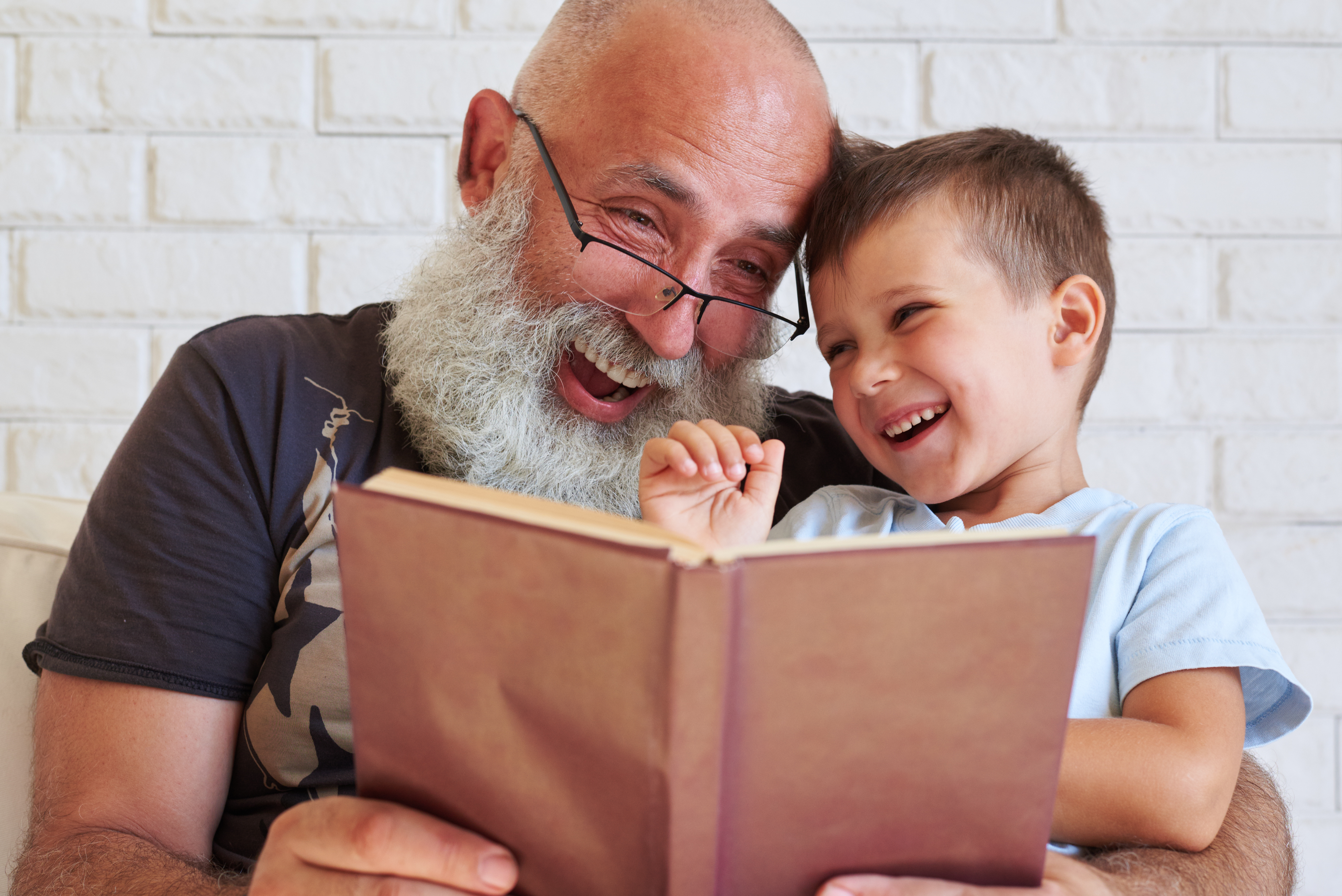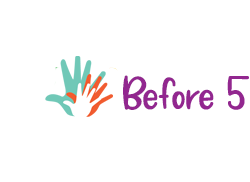Children's learning is separated into five areas:
> emotional growth
> social growth
> physical growth
> spiritual growth
> intellectual growth.
The experiences your child has in one area impact her growth in all of the other areas. All of the areas of development are important for your child. The more positive experiences your child has, the more her brain develops. If your child has many experiences when she's young, it will be easier for her to learn later on.
> emotional growth
> social growth
> physical growth
> spiritual growth
> intellectual growth.
The experiences your child has in one area impact her growth in all of the other areas. All of the areas of development are important for your child. The more positive experiences your child has, the more her brain develops. If your child has many experiences when she's young, it will be easier for her to learn later on.

If you only remember one thing make it this.
Children's brains develop more quickly from birth to age five than they ever will again!
Emotional Development
How your child feels on the inside.
When your child asks a question, answer him the first time.
Remember that your child is super sensitive to the emotional environment in your family. As adults we need to be very careful with what we say and do. Our interactions with our children are engraved in their memories forever!
Your child gains or loses self-esteem based on how she believes others think of her. When you include your child in your family life, and show respect for her interests, you show her she is loved and valued.
Tell your child you love her every day - no matter what!
Your child gains or loses self-esteem based on how she believes others think of her. When you include your child in your family life, and show respect for her interests, you show her she is loved and valued.
Tell your child you love her every day - no matter what!
Physical Development
The healthy growth of organs, muscles and bones.
Toddlers and preschoolers need to run around, play and be noisy.
Babies and children learn about the world, and the things around them by moving.
When your baby plays with her hands, or holds up her head she's learning!
The muscles that help children run, jump and play are called "large motor muscles." They develop first!
The muscles that help children pick up small objects (like a piece of lint) are called "small motor muscles." These muscles develop later.
When your baby plays with her hands, or holds up her head she's learning!
The muscles that help children run, jump and play are called "large motor muscles." They develop first!
The muscles that help children pick up small objects (like a piece of lint) are called "small motor muscles." These muscles develop later.
Spiritual Development
The development of character and integrity.
If your child sees you doi it, he thinks it's OK.
Spiritual growth is about children growing in their understanding of how they're connected with the world around them.
You inspire your child's spirituality when you present an environment that provides opportunities for your child to experience their surroundings in thoughtful ways; ways that encourage your child to enjoy the beauty of nature, act kindly towards others and experience uninterrupted quiet time, inviting feelings of calmness and contentment.
As your child becomes more connected with their world, you will begin to see the emergence of behaviors that will signal to you your child is growing in their spiritual development; increased service to others, an intensifies appreciation and respectfulness of their environment, a deeper understanding of values, increased questioning about things they don't understand and greater clarity and insight about the world around them.
The world will look bigger to your child, as they now see the world through a wider lens. As your child grows in their spirituality, it is a beautiful experience for a parent to observe.
You inspire your child's spirituality when you present an environment that provides opportunities for your child to experience their surroundings in thoughtful ways; ways that encourage your child to enjoy the beauty of nature, act kindly towards others and experience uninterrupted quiet time, inviting feelings of calmness and contentment.
As your child becomes more connected with their world, you will begin to see the emergence of behaviors that will signal to you your child is growing in their spiritual development; increased service to others, an intensifies appreciation and respectfulness of their environment, a deeper understanding of values, increased questioning about things they don't understand and greater clarity and insight about the world around them.
The world will look bigger to your child, as they now see the world through a wider lens. As your child grows in their spirituality, it is a beautiful experience for a parent to observe.
Intellectual Development
How your child thinks and learns.
Watch to see what interests your child. Then give her more of that, whatever it is.
Children are naturally wired to learn. These little sponges learn all the time from everything that happens around them.
You don't need to spend money on expensive computer games, special materials, or fancy vacations to help your child learn.
Would you believe that some of your child's most important learning happens through play? It's true!
Follow his interests. If your child shows you a spider, support his excitement by finding a book about spiders at the library. When it's bedtime, send him off with the song: The Itsy Bitsy Spider!
You don't need to spend money on expensive computer games, special materials, or fancy vacations to help your child learn.
Would you believe that some of your child's most important learning happens through play? It's true!
Follow his interests. If your child shows you a spider, support his excitement by finding a book about spiders at the library. When it's bedtime, send him off with the song: The Itsy Bitsy Spider!


Social Development
How your child makes friends and gets along with people.
When you gladly help someone else, show honesty or say please you are showing your child how you want him to act.
Encourage your child to talk about how he feels.
Encourage him to consider other people's feelings. You might say: "Remember how you felt when you fell down? That's how Mary feels right now."